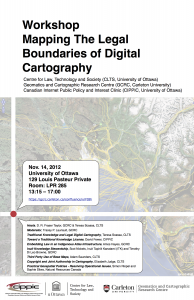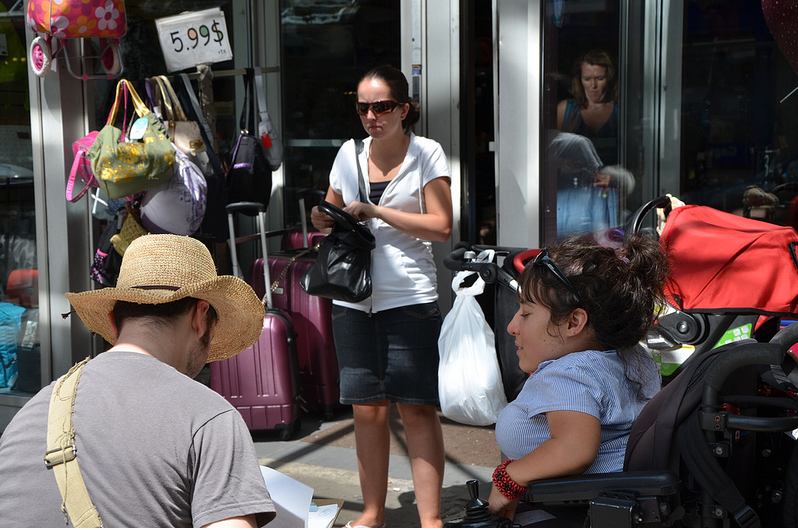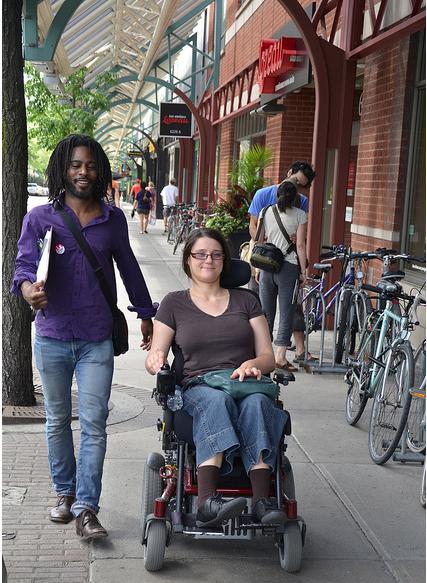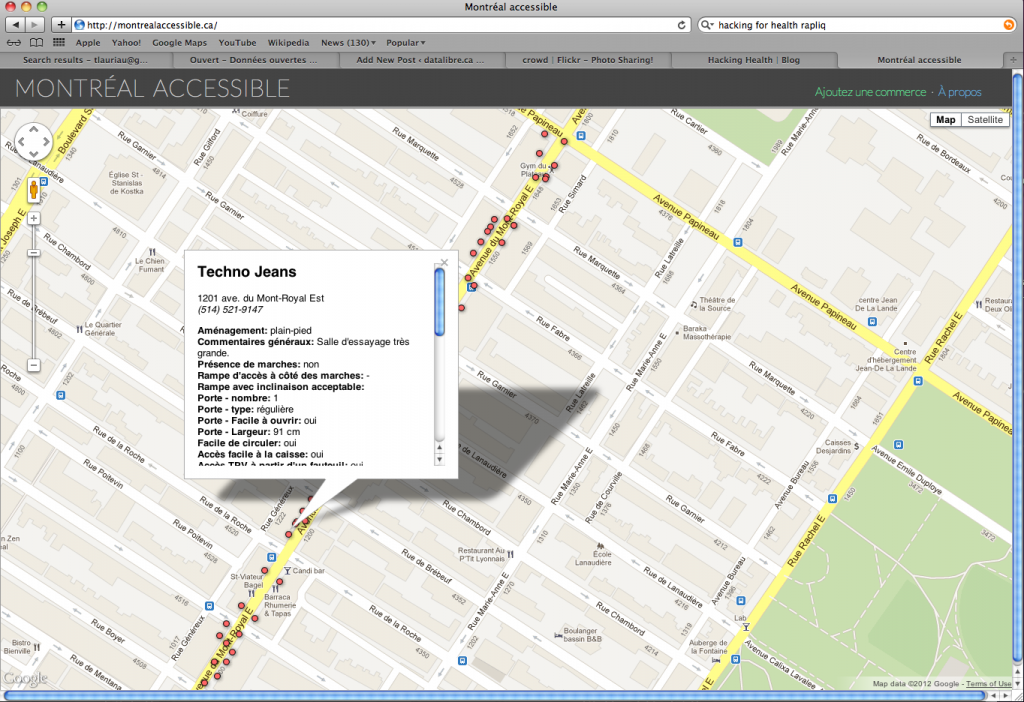Updated April 29, 2013
If you are planning an Open Data event, an expert panel on the topic, looking for a conference speaker, or someone to interview for a news article, you might want to consider inviting some of the experts from this list.
If you know of people to add, please email me – tlauriau at gmail dot com.
Canada:
- Mary Beth Baker, Founding member of Open Data Ottawa, website
- Natalie Black, programmer for Nimonik.ca
- Ashley Casovan, Strategic Coordinator – Advisor to the CIO at City of Edmonton, ashley dot casovan at edmonton dot ca
- Julia Evans, data scientist & programmer. About.
- Trish Garner, City of Toronto, Manager of Web Strategy, @trishgarner, Open Data Portal
- Tracey P. Lauriault, Founding member of CivicAccess.ca list, Datalibre.ca, blog & bio
- Heather Leson, Director of Community Engagement at Ushahidi, and see Textontechs, bio
- Hillary Little, UI and Design, bio
- Alison Loat, Samara, bio
- Ellie Marshall, Open North, ellie at opennorth do ca
- Diane Mercier, Open Data Advisor Ville de Montréal, Website
- Josee Plamondon, app developer Contratsnet, jplamondon at gmail doc com
- Gina Porcarelli, City of Toronto, Linkedin
- Catherine Roy, Citizen member of the City of Montreal Table de concertation, web consultant, BIO
- Laine Ruus, first data librarian in Canada, University of Toronto, Bio
- Sheyda Saneinejad, Engineer, Innovation Lab
- Teresa Scassa, Canada Research Chair in Information Law, Blog, Bio
- Karen Smith, I School U of T, Bio
- Wendy Watkins, Founding member of the Data Liberation Initiative (paper), contact
International:
- Dana Bauer, Map Maker and Data Analyst, Speaker Profile
- Hadley Beeman, Blog,
@hadleybeeman - Francine Bennett, CEO and co-founder at Mastodon C (UK)
- Lucy Chambers, Head of Knowledge and Training , OKNF
- Lisa Crawl, Director, Common Crawl Foundation (US)
- Helen Darbishire, Access Info Europe, Bio
- Selena Deckelmann, Open source programmer, Bio also About
- Kaitlin Devine, Sunlight Foundation, Subsidyscope, Clearspending, Politwoops projects, OpenSpending, Bio, kdevine (at) sunlightfoundation (dot) com, (US)
- Shannon Dosemagen, Public Laboratory for Open Technology and Science
- Bernadette Hyland, W3C Government Linked Data Working Group chair
- Laura James, Co-Director of the Open Knowledge Foundation, OKFN
- Jacqueline Kazil, Software Engineer, Speaker Profile
- Neelie Kroes, European Commission
- Naomi Lillie, Head of Network Unit, OKNF
- Irina Radchenko, Associate Professor at Higher School of Economics Moscow, Open data & Semantic Blog, Linked open data webinars, (Russia)
- Tiziana Refice, Google Research Scientist, contributing to the M-Lab Consortium, (US)
- Ellen Miller, Sunlight Foundation
- Sandra Moroco, World Bank, Article,
@sandramoscoso - Alison Rowland, Sunlight Foundation, Influence Explorer project, Bio, arowland (at) sunlightfoundation (dot) com, (US)
- Barbara Shaurette, Programmer
- Claudia Schwegmann, Founder of Open Aid, Blog, (OKNF Germany), @OpenAidGermany
- Jacqui Taylor, CEO and founder of Flying Binary
- Jeni Tennison, Technical Director of the Open Data Institute (UK)
-
Meredith Whittaker, Program Manager, Google Research, Bio, contributing to the M-Lab Consortium, (US),




Comments on Posts